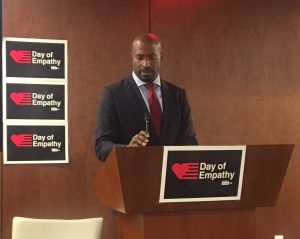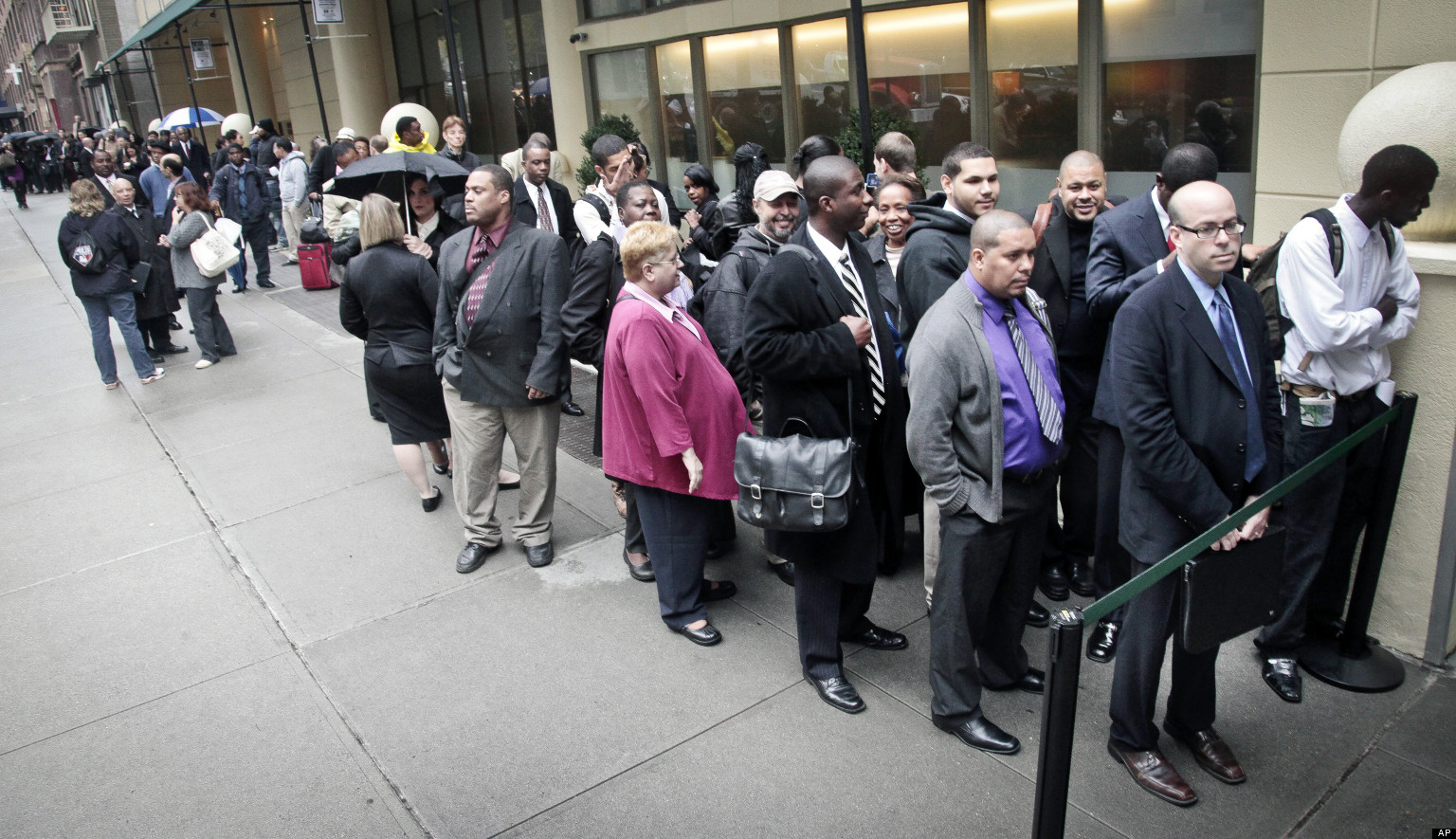| WASHINGTON
WASHINGTON President Donald Trump is planning to issue an executive order targeting a controversial Dodd-Frank rule that requires companies to disclose whether their products contain “conflict minerals” from a war-torn part of Africa, according to sources familiar with the administration’s thinking.
Reuters could not learn the precise timing of when the order will be issued, or exactly what it will say.
However, the 2010 Dodd-Frank law explicitly gives the president authority to order the Securities and Exchange Commission to temporarily suspend or revise the rule for two years if it is in the national security interest of the United States.
The sources spoke anonymously because it is not public and they were not authorized to speak on the record.
The plan for the executive order comes on the heels of another order issued by the White House last week that takes aim more broadly at the Dodd-Frank rules put into place after the 2007-2009 financial crisis.
That order did not single out any one particular rule, but it called on the Treasury Secretary to consult with other regulators, including the SEC, and to come back with a report outlining possible regulatory changes and legislation.
The conflict minerals rule is one of several disclosure regulations that was tucked into Dodd-Frank that are unrelated to the financial crisis itself.
A second Dodd-Frank SEC disclosure rule that required oil, gas and mining companies to disclose payments to foreign governments, meanwhile, was repealed by the Republican-controlled Congress last week.
The conflict minerals rule was pushed by human rights groups who want companies to tell investors if their products contain tantalum, tin, gold or tungsten mined from the Democratic Republic of Congo, in the hopes it will help curb the funding of armed groups.
But business groups have staunchly opposed the measure, saying it forces companies to furnish politically-charged information that is irrelevant to making investment decisions.
They have also complained it costs too much money for companies to trace the source of the minerals through the supply chain.
In 2014, a U.S. appeals court struck down a part of the conflict minerals law after the Business Roundtable, the U.S. Chamber of Commerce and the National Association of Manufacturers sued the SEC over the rule.
The court found part of it violated the free speech rights of companies by forcing them to publicly state that their products are not conflict free.
The rest of the rule, however, remained intact and companies are still required to carry out due diligence and report the details of those inquiries in public reports filed with the SEC.
The SEC cannot permanently repeal the rule without a law passed by Congress. However, it can use its broad exemptive powers to scale back some of the requirements or stop enforcing the rule entirely.
Last week, Acting SEC Chair Michael Piwowar took steps toward doing just that, by announcing he has asked SEC staff to reconsider how companies should comply with it and whether “additional relief” is warranted.
Piwowar did not explicitly ask Trump to utilize his powers under Dodd-Frank to temporality suspend the rule; however, in his statement, he spoke about how he had traveled to Africa to study the rule’s impact and raised concerns about its effect on national security.
(The story fixes typographical error in paragraph 5)
(Reporting by Sarah N. Lynch and Emily Stephenson; Editing by Bernard Orr)
Source: Exclusive: White House eying executive order targeting ‘conflict minerals’ rule – sources | Reuters
Photo: Roland Hoskins




